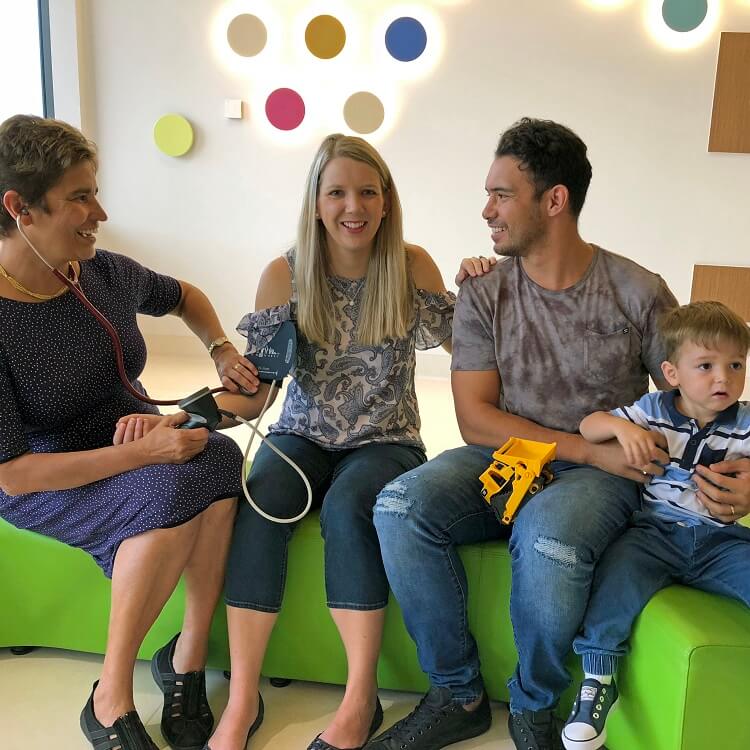Search
Research
The broader language phenotype of Autism: A comparison with Specific Language ImpairmentSome individuals with autism spectrum disorders (ASD) experience linguistic difficulties similar to those found in individuals with specific language...
Research
Inner speech impairments in autismThree experiments investigated the role of inner speech deficit in cognitive performances of children with autism.

The Human Development and Community Wellbeing (HDCW) Team focuses on improving outcomes for children, family, and the community.

News & Events
Landmark language study draws to a close - but the work is just beginningA joint initiative between The Kids Research Institute Australia, The University of Western Australia, the University of Kansas and Nebraska University, it is the world’s only study to conduct such a detailed assessment of language and literacy development from infancy through the formative adolescent years.

News & Events
ORIGINS reaches key milestoneORIGINS, a collaboration between The Kids and the Joondalup Health Campus, has achieved a major milestone – recruiting its 1000th family.

News & Events
Looking at languageHearing your child’s first word is a precious moment for any parent but while most children begin to talk within 12 to 24 months of age, some take much longer.

News & Events
Kids with ADHD struggling at schoolA study by The Kids Research Institute Australia has found children with Attention Deficit Hyperactivity Disorder (ADHD) have significantly worse school outcomes.
News & Events
Rethink needed on literacy interventionA new study by The Kids Research Institute Australia has found current early intervention programs are failing to identify a large proportion of children with language an
News & Events
Funding boost to help researchers better understand how language developsTelethon Kids Institute researchers have been awarded an Australian Research Council grant to explore how testosterone levels in the womb can impact on a child'
